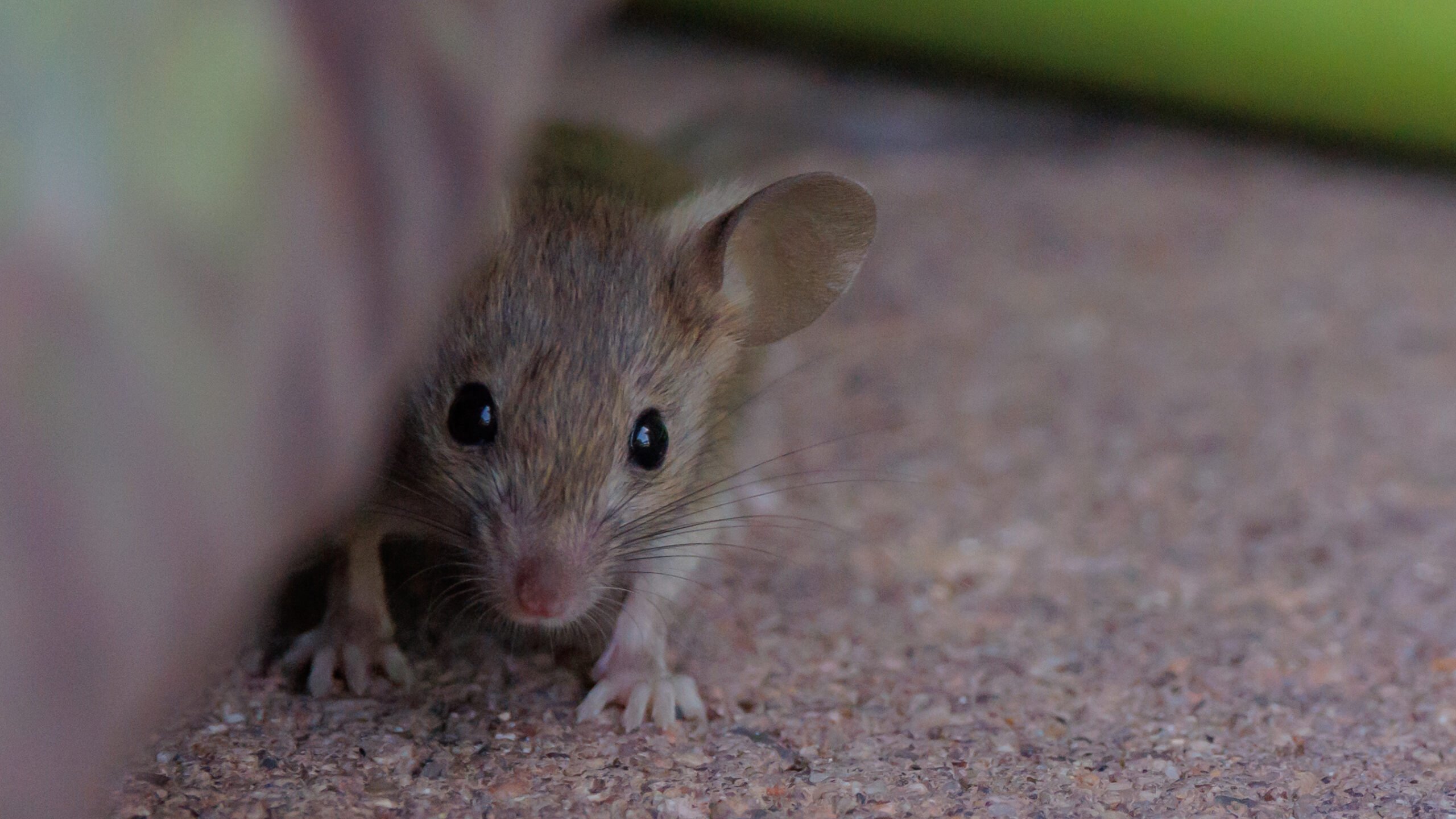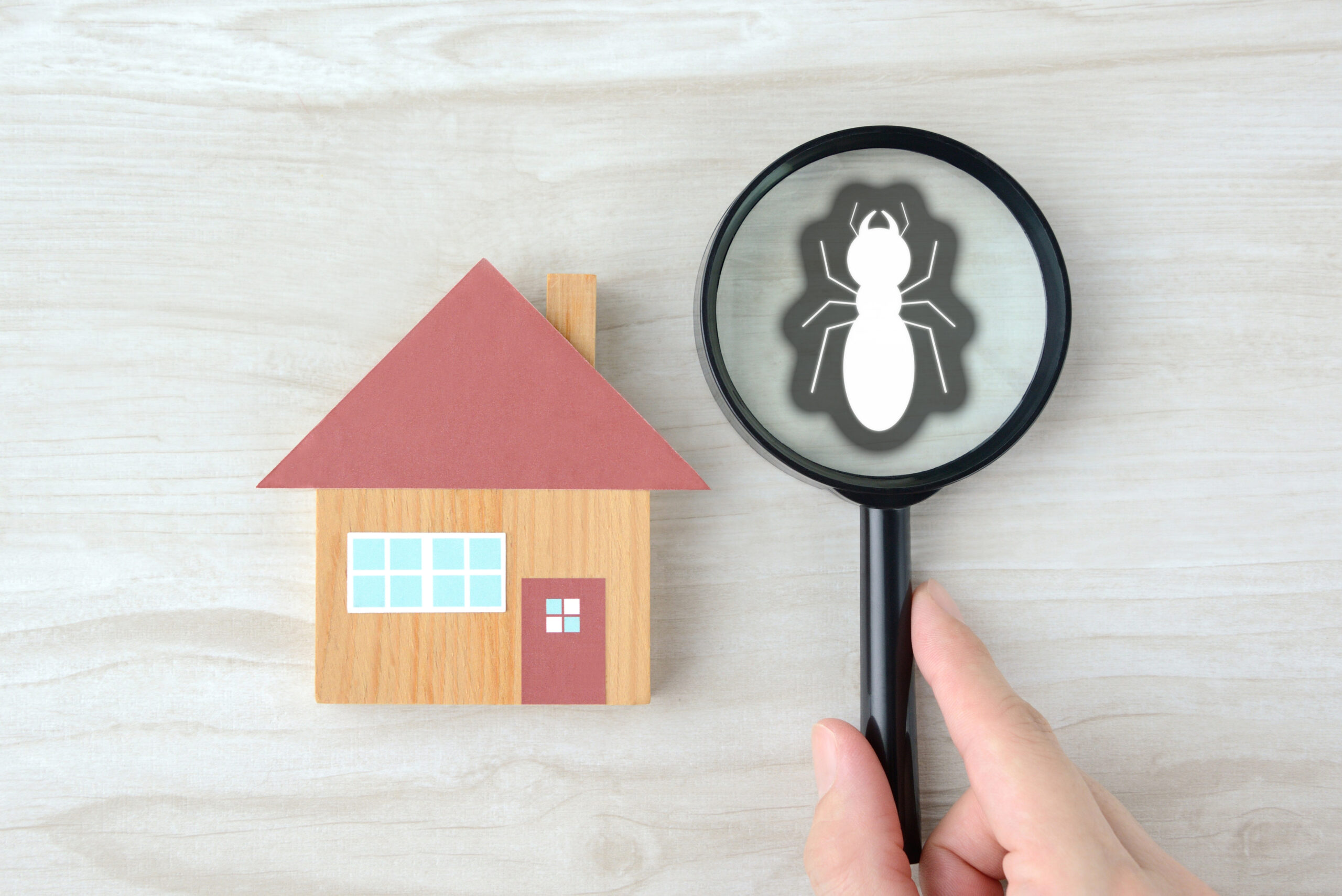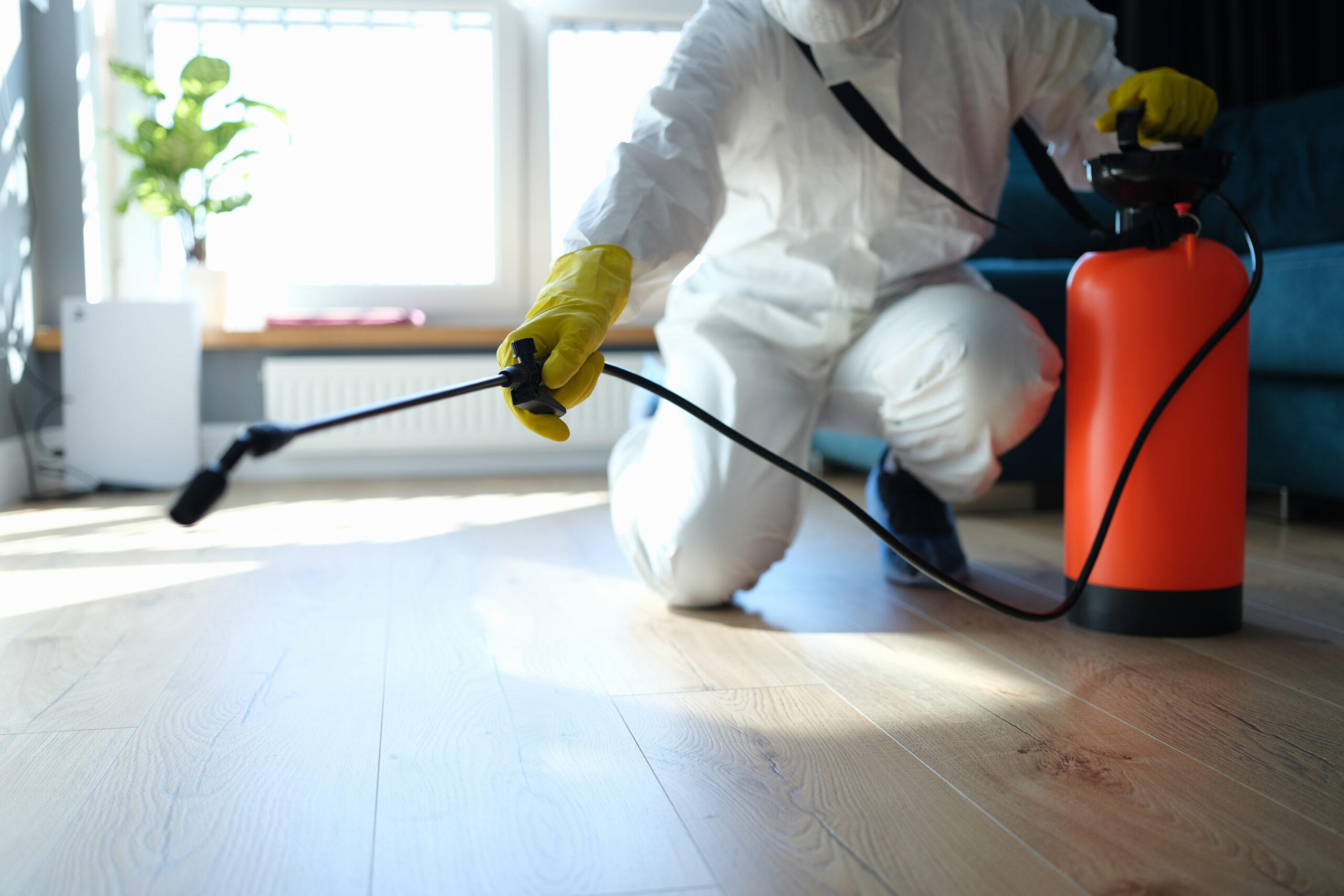A rodent infestation can be a major nuisance to any Northwest Ohio or Southeast Michigan home or business. Not only are these unwanted visitors invading your space, they can carry many diseases that can be harmful to your health. What diseases do mice and other rodents carry?
How many known diseases do rodents carry?
According to the CDC, rodents are known to spread more than 25 diseases and they can be spread to humans directly through handling of live or deceased rodents, contact with rodent feces, urine, or saliva, as well as rodent bites. They can also be spread indirectly through insects that have fed on an infected rodent.
What are the most common diseases that mice and other rodents carry?
While not every rodent in your Northwest Ohio or Southeast Michigan home or business will be infected with a disease, you should always treat them as they may be, as you can’t tell by just the look of the eye. With the help of the CDC, we are going to break down the most common diseases that mice and other rodents carry so you know what to prepare for if you directly or indirectly meet one of these critters.
- Hantavirus Pulmonary Syndrome: This disease is typically transmitted through mice and rats. This is one of the most serious illnesses that can be carried by rodents. Hantavirus Pulmonary Syndrome is caused by a lot of different viruses, and usually affects people’s lungs, heart, and kidneys. The symptoms are like those of the flu, but they quickly get worse and can be life-threatening.
- How the disease spreads:
- Breathing in dust that is contaminated with rodent urine or droppings
- Direct contact with rodents or their urine and droppings
- Bite wounds
- How the disease spreads:
- Leptospirosis: Leptospirosis can be spread through many different rodents and animals. This illness is caused by bacteria and symptoms can vary. In milder cases, symptoms resemble a severe case of the flu; with headache, fever, vomiting, and diarrhea. Serious cases may transform to include meningitis, and liver and kidney failure. Treatment with antibiotics can be successful when the disease is diagnosed early.
- How the disease spreads:
- Eating food or drinking water contaminated with urine from infected animals
- Contact through the skin or mucous with water or soil that is contaminated with the urine from infected animals
- How the disease spreads:
- Lymphocytic Chorio-meningitis (LCM): The common house mouse is the primary host of this disease that is caused by a virus. Infection in house mouse populations vary by location, but it is estimated that 5% of house mice throughout the United States carry LCM and can transmit the virus without showing any sign of illness. This disease mainly affects neurological function. The beginning symptoms are fever, lack of appetite, muscle aches, headache, nausea, and vomiting. Later, the disease may cause meningitis and encephalitis.
- How the disease spreads:
- Breathing in dust that is contaminated with rodent urine or droppings
- Direct contact with rodents or their urine and droppings
- Bite wounds
- How the disease spreads:
- Plague: The bacteria that causes plague is carried by fleas found on many rodents throughout the United States. Early symptoms of plague include abdominal pain, diarrhea, nausea and vomiting, fever and chills, and tremendous weakness. Treatment of plague involves the use of strong antibiotics.
- How the disease spreads:
- Bite of an infected flea
- Direct contact with infected animal
- How the disease spreads:
- Salmonellosis: Rodents carry this group of bacteria that can cause diarrhea illness in people. A severe infection can cause nausea, vomiting, abdominal cramps, diarrhea, fever, chills, headache, and blood in the stool. Treatment is typically unnecessary, and the illness resolves on its own after a short time. In cases of serious infection, treatment with anti-diarrhea medications is sometimes prescribed. If it’s suspected that the bacteria are in the blood, treatment with antibiotics may be prescribed.
- How the disease spreads:
- Eating or drinking food or water that is contaminated by rodent feces
- Direct contact with infected rodent
- How the disease spreads:
In Conclusion
We are going to stop there, because we are sure you get the point. Just know, there are many other diseases that mice and other rodents can carry. The best way to avoid finding yourself infected with one of these diseases is to prevent rodents from being in your Northwest Ohio or Southeast Michigan home or business in the first place.
If you find yourself with a rodent infestation, Delving Pest Control can help. We offer a range of discreet home and business rodent removal services to help you achieve the results you’re after.
Not sure what you need, or what it costs? Contact us and we can come out and explain what services are right for you and tell you more about our costs for services.








